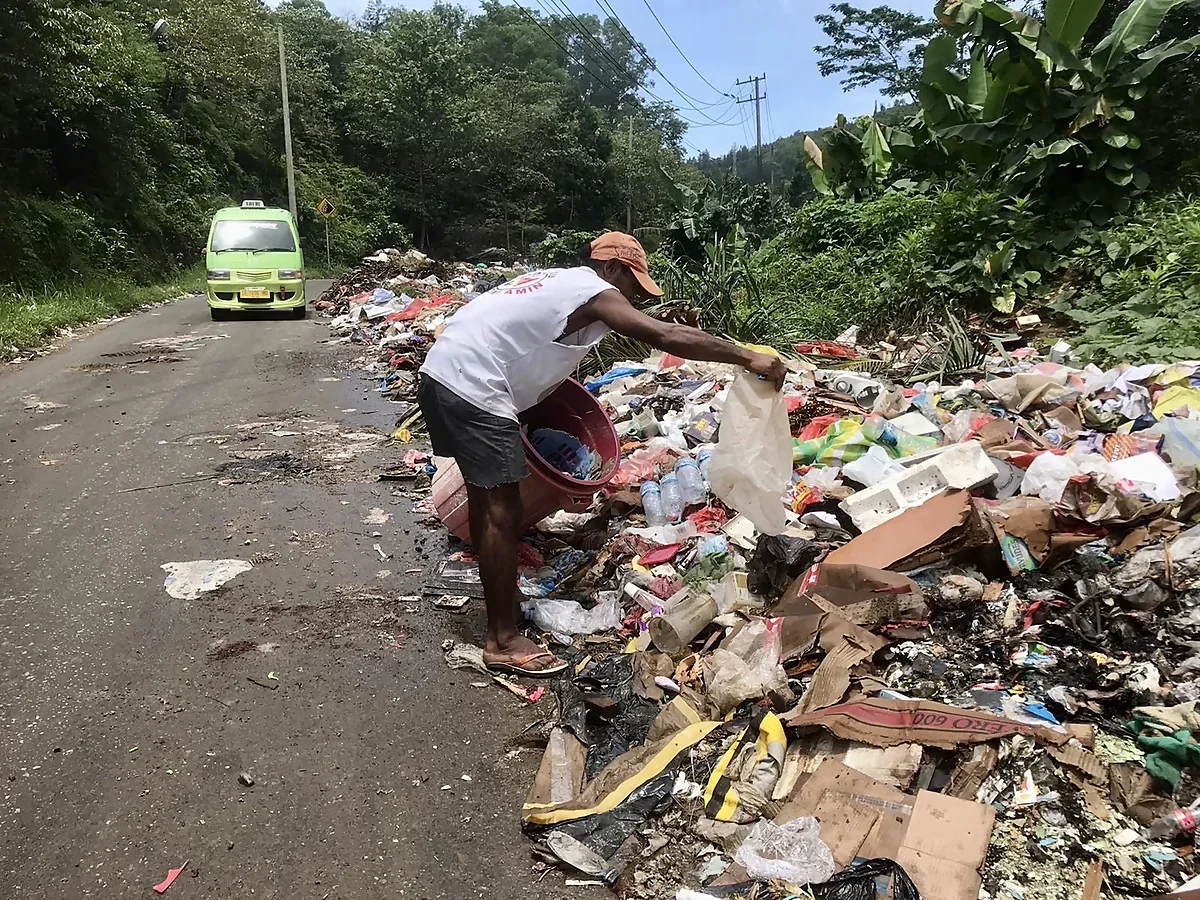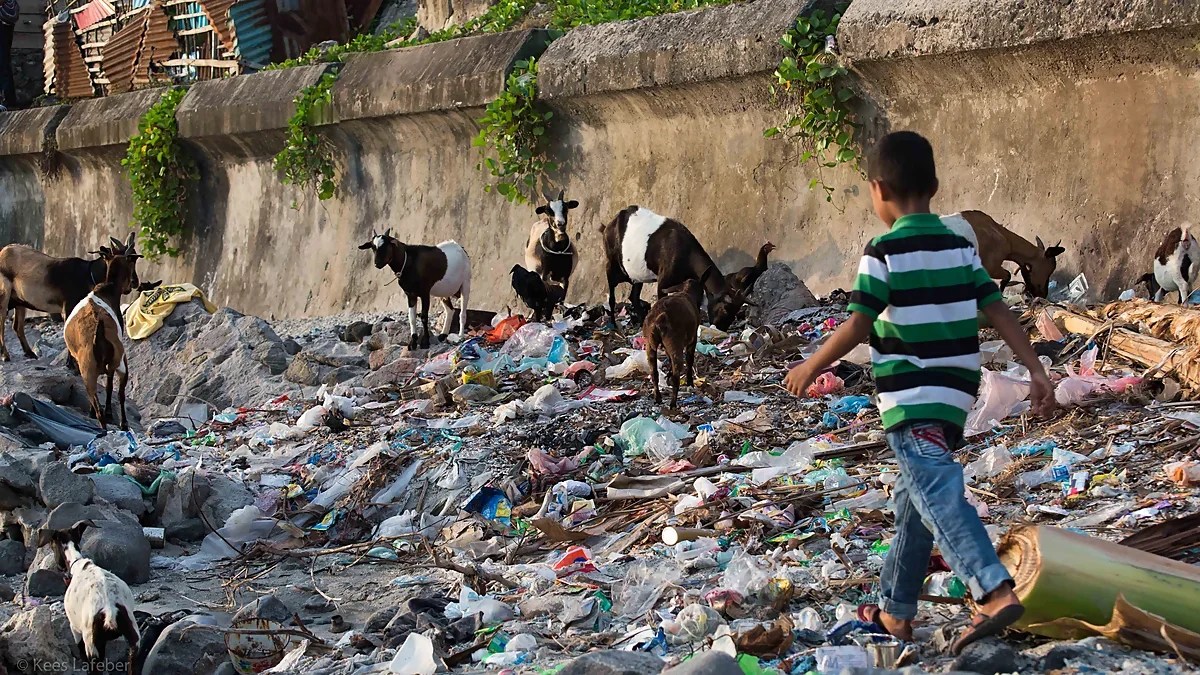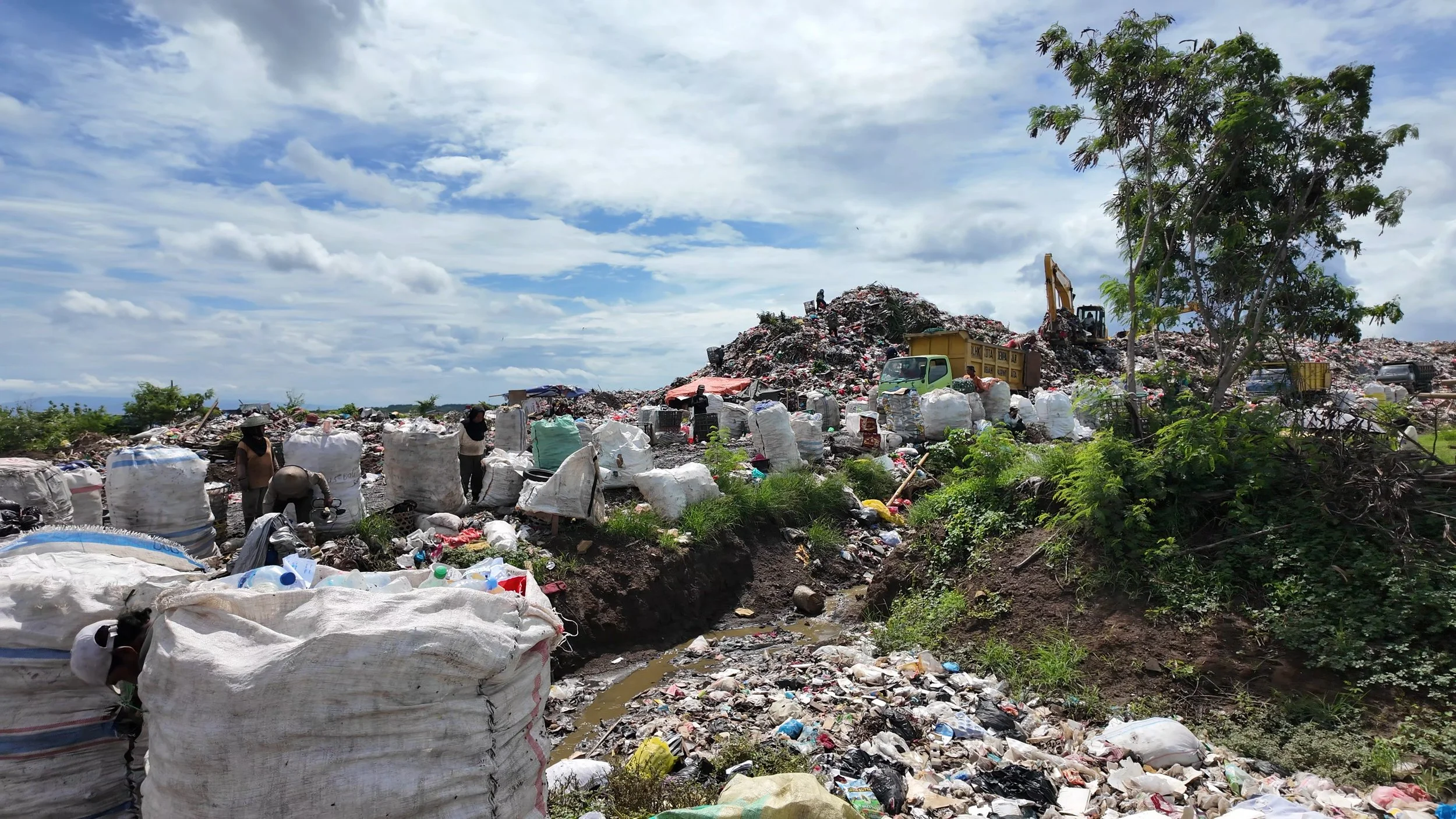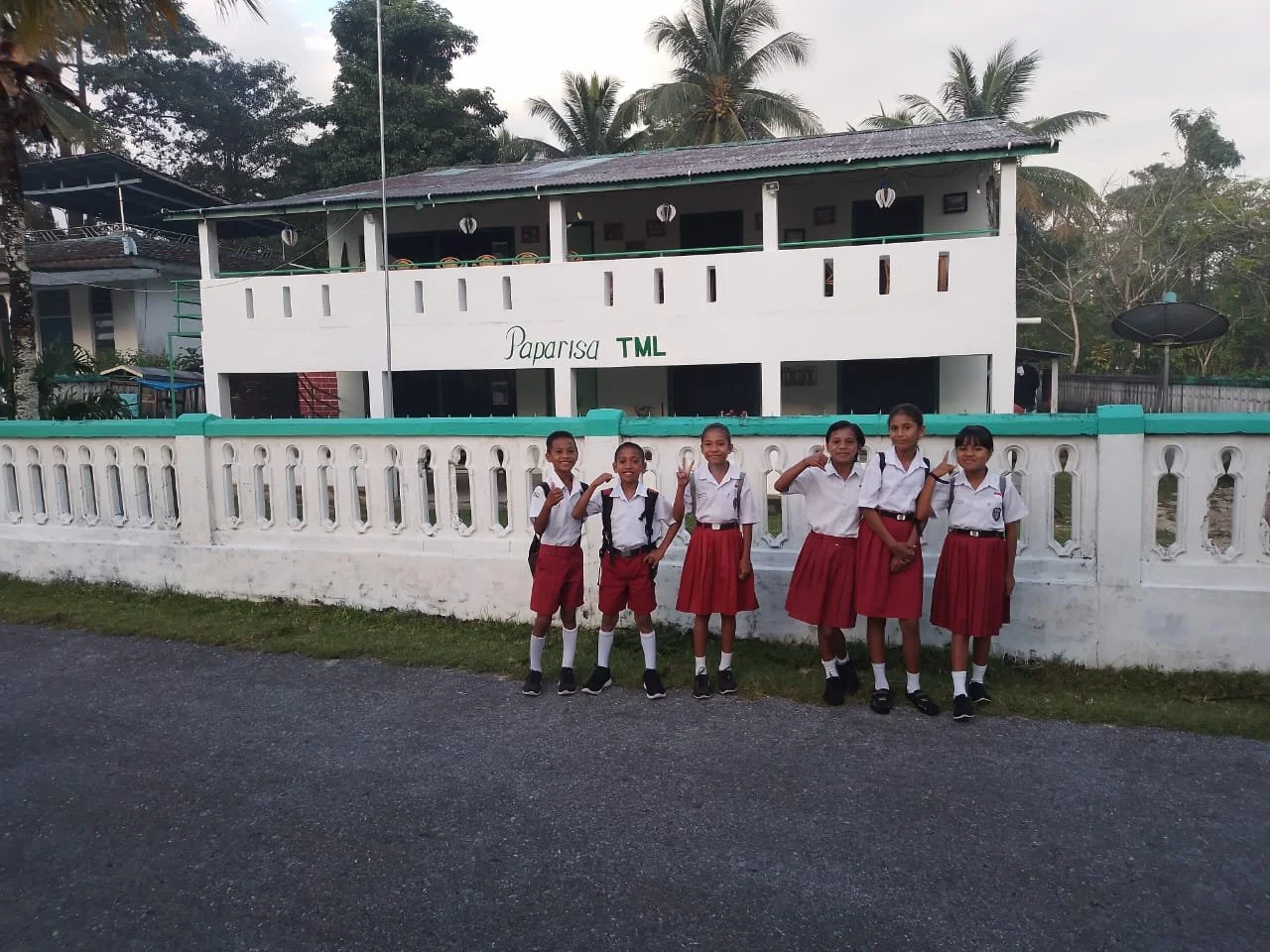
About
Since 2014, we’ve helped remote communities in Indonesia turn waste into health, dignity, and opportunity.
2014
After witnessing mounting pollution in the Maluku Islands, Kees Lafeber, Brian Hukom and Max Wattimena decided to act and founded Happy Green Islands. From the start, the focus has been clear: build waste solutions that fit the realities of small and remote island communities.
2018
Happy Green Islands Foundation was formalized and earned the ANBI and CBF status. Several partnerships have been established with like-minded NGOs and industry bodies to strengthen our accountability and impact.
2021
Our local partner organisation Toma Majo Lease was established. We work side by side with TML and share one goal: by the end of 2026, TML will be fully independent and self-sustaining—local leadership running local solutions for the long term.
2025
Zaïda Rivai and Rintati Roza—both of Dutch-Indonesian origin—joined HGI with The Clean Planet Project. With a shared vision, we joined forces: they bring deep analytical and data-driven expertise, while HGI contributes a trusted local network and years of on-the-ground experience.
Vision
We envision a network of self-sufficient, circular islands. Solutions that work locally can make a difference globally - from Indonesia to the rest of the world.
Mission
We are committed to create a cleaner and healthier living environment on Indonesia’s remote areas. We do this together with local communities, at their own pace, with respect for traditions and supported by data and technology.
“Proven in Indonesia, shared with the world.
Together, we make small islands big.”
— Happy Green Islands
Why we do this
Remote communities—starting on Saparua in the Maluku Islands—are living with a land-based waste crisis and almost no systems to manage it. Most goods arrive; almost nothing leaves. Without affordable collection or sorting, trash is burned or dumped on land and in rivers, harming health and livelihoods today and washing into the ocean tomorrow. We exist to change that—so people can live cleaner, safer, more dignified lives.
Why small islands and remote areas need a different playbook
What works in big cities breaks down where populations are under 50,000 and transport is costly. On Saparua, over 70% of waste is organic that could become compost—but it’s often burned or thrown away. About 90% of products are imported, yet there’s no practical way to ship waste back out. Regulations, logistics, and markets are thin, so land stays polluted and the ocean pays the price. A simple, local, community-run model is not a preference—it’s the only model that works.
Land first: stop leakage before it reaches the sea
Plastic and waste pollution is an ocean story, but it starts on land. Streets, yards, and rivers are the front line. When we set up waste banks, village sorting points, basic collection routes, and compost hubs, we cut pollution where it begins and keep coasts and reefs from becoming the final dump site.
Why support from outside is needed
Local teams and leaders are ready, but investment is scarce and the business case is tough in small markets. Grants move slowly and private players rarely step in. Meanwhile, wealthy regions, including Europe—still shift parts of their waste burden abroad. That’s not fair. We’re building a model where communities own their systems—and where everyone, from producers to consumers, owns their responsibility.
What We’ve Achieved
Established HGI (2018) and Toma Majo Lease (2021) to serve remote communities together.
Launched Bank Sampah in Ouw and Mahu, enabling village-level sorting and recycling.
Opened Paparisa TML as a community hub for learning, coordination, and outreach.
Collaborated on a two-year island waste program with Bintari and partners, funded by UK Ocean.
Built simple collection routes and local reporting to turn litter into managed materials.
Mobilized volunteers and local leaders using SALT/CLCP, honoring adat and local law.
Shared open tools and lessons to replicate solutions across the Maluku Islands and beyond.
Launched several pilot projects with European students to work on waste management solutions.
Paparisa
With the generous support of donors and sponsors, Happy Green Islands has established a home and learning center, including a secretariat for the Toma Majo Lease board members, accommodation for volunteers and interns, meetings, seminars, workshops, music and dance, sports and games, and a restaurant. The building is located in Haria.
We envision a network of self-sufficient, circular islands. Solutions that work locally can make a difference globally - from Indonesia to the rest of the world.

We contribute to 10 of the 17 SDGs
Happy Green Islands is an organization that makes a concrete contribution to a better world. The Sustainable Development Goals ( SDGs ) are important pillars for us.
Annual Reports
Transparency is our habit. Each year we publish an easy-to-read report with impact highlights, finances, and lessons learned—so you can see where funds go and what changed on the ground. Browse the latest report (and archive) to dive into results, stories, and KPIs.








